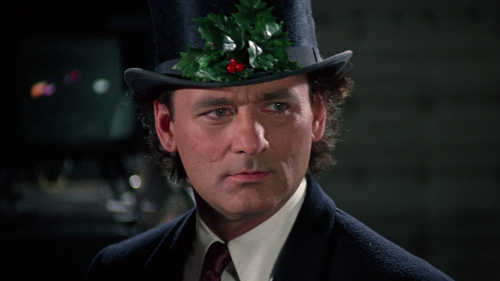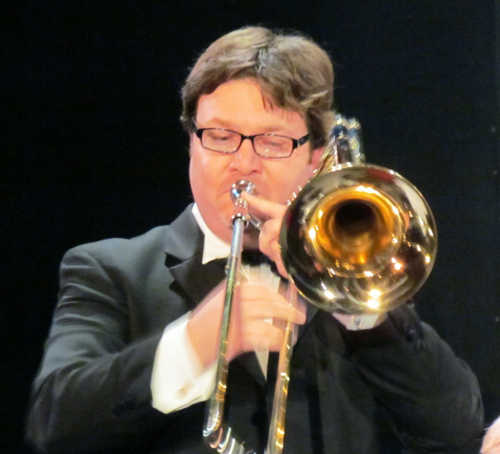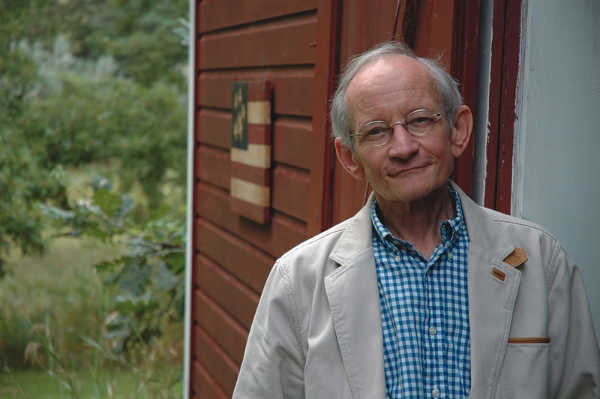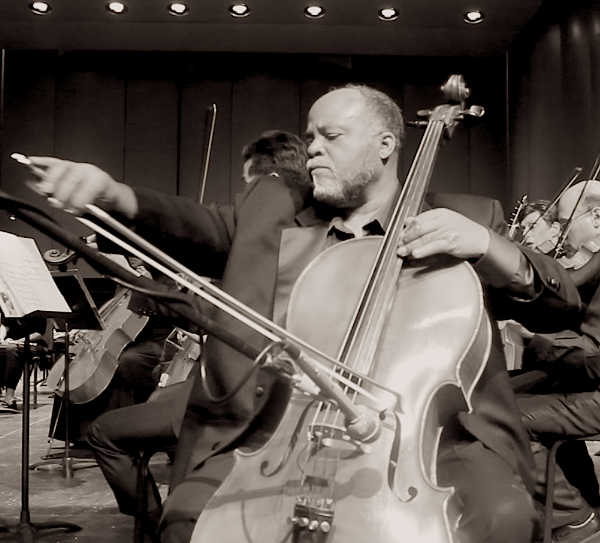- Editor
- Posted On
Resilience Project hosts painting class Dec. 16

MIDDLETOWN, Calif. – On Saturday, Dec. 16, the Resilience Project features “Soul Painting” with Sage Abella.





Responsible local journalism on the shores of Clear Lake.
Memberships:
 |
 |
 |
 |
 |
 |